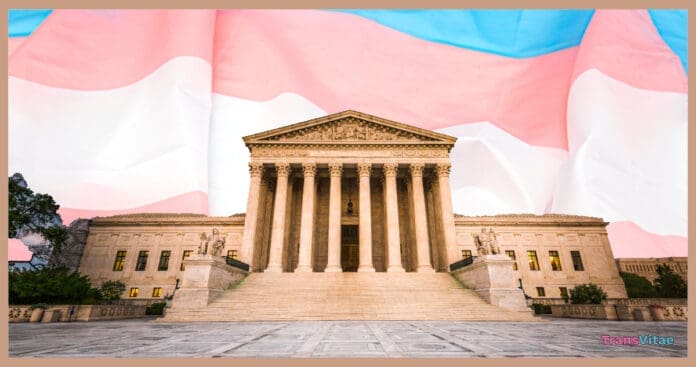South Carolina has filed an emergency appeal to the U.S. Supreme Court seeking to reinstate a policy that bars transgender students from using bathrooms aligned with their gender identity. The state’s request follows a lower court injunction that temporarily blocked enforcement of the policy while litigation continues.
At the center of the case is John Doe, a ninth-grade student in Berkeley County who was denied the ability to use the boys’ restroom. The Fourth Circuit Court of Appeals had previously ruled in Doe’s favor, citing its 2020 decision in the Gavin Grimm case, which found similar bans unconstitutional under the 14th Amendment.
Public Justice, the civil rights organization representing Doe, criticized the state’s emergency filing. Litigation director Alexandra Brodsky noted that the request does not meet the standards for Supreme Court intervention, stating that “only because the state wants to stop one ninth grader from using boys’ restrooms while that appeal proceeds” has it been escalated. Advocates emphasize that there is no evidence Doe poses a threat in the restroom. His request is simply to be treated with respect and dignity.
South Carolina’s attorneys argue that the policy is meant to preserve privacy and safety in schools and that it does not discriminate on the basis of sex. Critics point out that the measure is one of at least 19 statewide policies restricting transgender individuals’ access to facilities consistent with their gender identity.
The legal dispute comes in the wake of a recent Supreme Court ruling upholding Tennessee’s ban on gender-affirming care for minors. That decision has emboldened several states to advance new restrictions on transgender rights. However, defenders of Doe stress that bathroom access is fundamentally different, as it affects daily life and personal identity in a direct way. Within the Fourth Circuit, the Gavin Grimm precedent still provides strong protections for transgender students.
State officials say they are in a legal bind with the policy blocked while appeals proceed. For Doe, the consequences have been far more immediate. Reports indicate that he was suspended after being denied access to the boys’ restroom, a decision that has disrupted his education and forced him to navigate additional barriers at a critical stage of his life.
As the case moves to the Supreme Court, its implications extend well beyond South Carolina. The decision could shape how transgender students nationwide are treated in schools, either reinforcing existing protections or granting states greater authority to impose restrictions. For transgender youth and their families, the outcome will determine whether basic aspects of daily life, such as using the restroom, are guided by dignity and equality or by exclusion and control.


